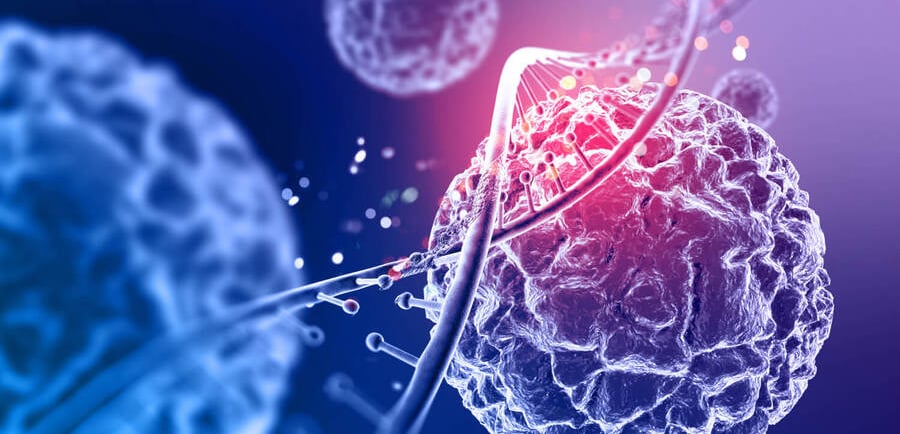The Truth About Slow Metabolism and Its Impact on Weight Loss
Understand how low metabolism affects your weight loss and energy.
5/8/20242 min read


Every day, thousands of people struggle to lose weight and blame their slow metabolism for their difficulties. But is metabolism really the main culprit?
According to a study reviewed by Dr. Howard E. LeWine from Harvard Health Publishing, metabolism plays a role in weight management, but other factors such as diet and physical activity are far more decisive.
What Is Metabolism and How Does It Work?
Metabolism is the process by which your body converts food into energy. This process happens 24/7, even when you are at rest, ensuring your body can breathe, circulate blood, and repair cells. However, metabolism does not work at the same rate for everyone.
Some people have a naturally faster metabolism, while others have a slower one. Genetics play a major role, but age, muscle mass, and lifestyle choices also influence metabolic speed.
The Impact of a Slow Metabolism on Weight Loss
When metabolism is slow, the body burns fewer calories, storing more as fat. This makes weight loss more challenging because simply reducing calorie intake may not be enough. Over time, fat accumulation can lead to health issues such as obesity, diabetes, and cardiovascular diseases.
Can You Speed Up Your Metabolism?
While you can’t completely change your natural metabolic rate, you can take steps to optimize it and improve fat burning. Here are some science-backed strategies:
High-Intensity Interval Training (HIIT)
Adding short bursts of intense activity to your workout can keep your metabolism elevated for hours after exercise. Try sprinting for 30–60 seconds and then returning to a moderate pace, repeating this cycle for 10–15 minutes.Increase Protein Intake and Strength Training
The digestion of food itself burns calories, and protein has a higher thermic effect compared to fats and carbohydrates. Eating enough protein while engaging in strength training helps build muscle, which naturally boosts metabolism.Drink Green Tea
Green tea contains epigallocatechin gallate (EGCG), a compound that enhances fat oxidation. Studies suggest that drinking about three cups of green tea per day can help increase calorie burning by approximately 100 calories daily.
Final Thoughts
While metabolism affects weight loss, the key to achieving long-term results lies in a balanced approach. Regular exercise, proper nutrition, and healthy habits are crucial.
At Best Health Boost, we focus on helping people optimize their metabolism naturally to support their weight loss journey. If you’re looking for effective ways to accelerate fat burning and improve overall health, stay tuned for more science-backed tips!
References: Harvard Health Publishing
